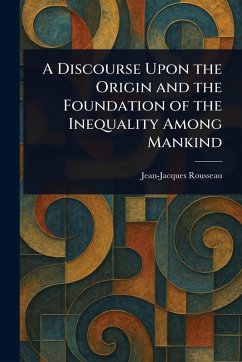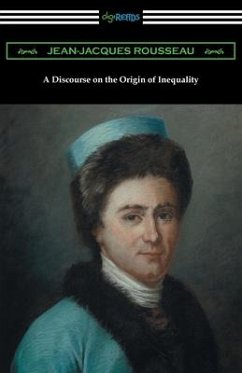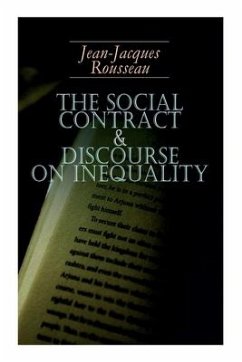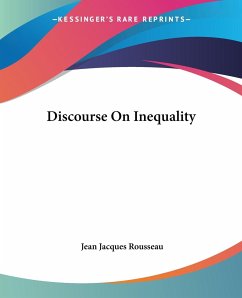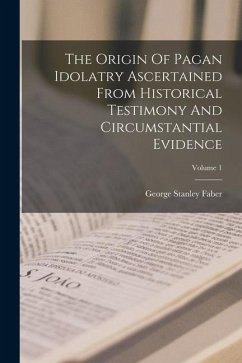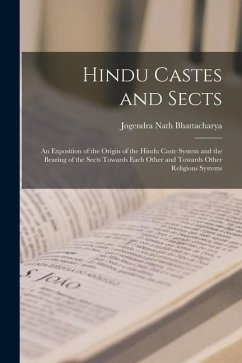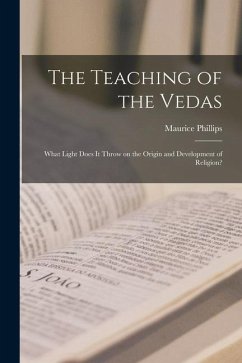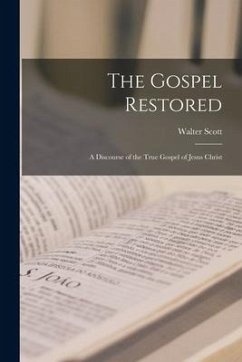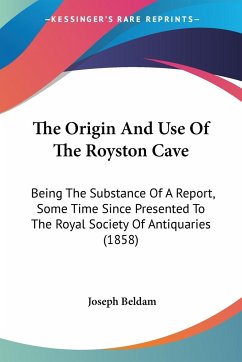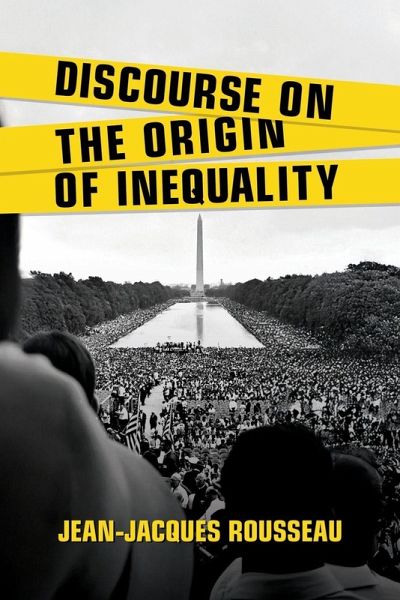
Discourse on the Origin of Inequality

PAYBACK Punkte
5 °P sammeln!
Originally written in1754 for an essay competition run by the Dijon Academy of Arts and Sciences, Discourse on the Origin and Basis of Inequality Among Men by the philosopher Jean-Jacques Rousseau is a strikingly original inquiry into politics and human nature. The Discourse presents a theoretical view of people in a pre-social condition and the ensuing effects of civilization. Rousseau's sweeping account of humanity's social and political development is one of the most influential and provocative works of the eighteenth century. To answer the question: "What is the origin of inequality among ...
Originally written in1754 for an essay competition run by the Dijon Academy of Arts and Sciences, Discourse on the Origin and Basis of Inequality Among Men by the philosopher Jean-Jacques Rousseau is a strikingly original inquiry into politics and human nature. The Discourse presents a theoretical view of people in a pre-social condition and the ensuing effects of civilization. Rousseau's sweeping account of humanity's social and political development is one of the most influential and provocative works of the eighteenth century. To answer the question: "What is the origin of inequality among men, and is it authorized by the natural law?" Rousseau addresses both natural and moral inequality. Rousseau argues that moral inequalities of rank, wealth, and power are the inevitable result of the civilizing process. His cynical view of civil society contends that man has strayed from his "natural state" of individual independence and freedom to satisfy his individual needs and desires. Rousseau eloquently shows how inequality robs us not only of our material goods but also our psychological independence. While we cannot return to a simpler time, measuring the costs of progress may help us imagine alternatives to the corruption and oppressive conformity of modern society in order to recover the peaceful self-sufficiency of life.




